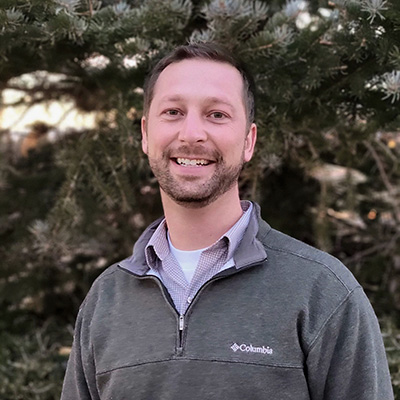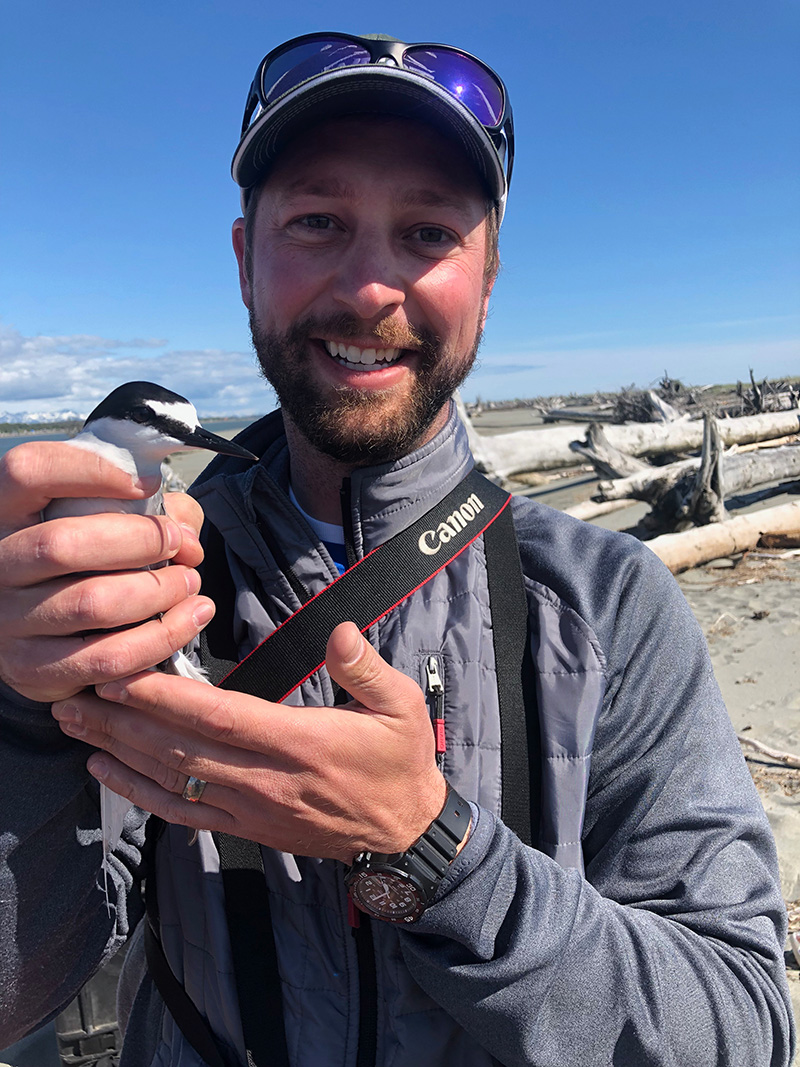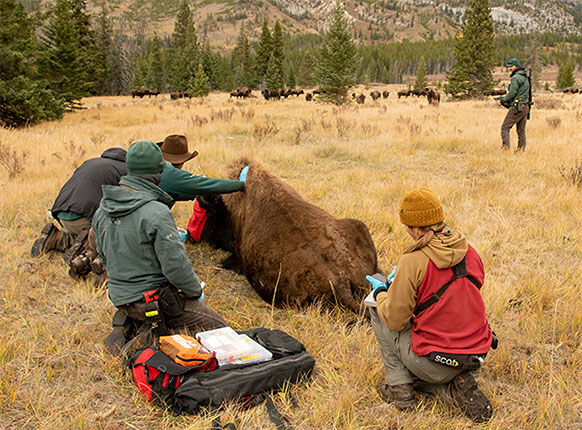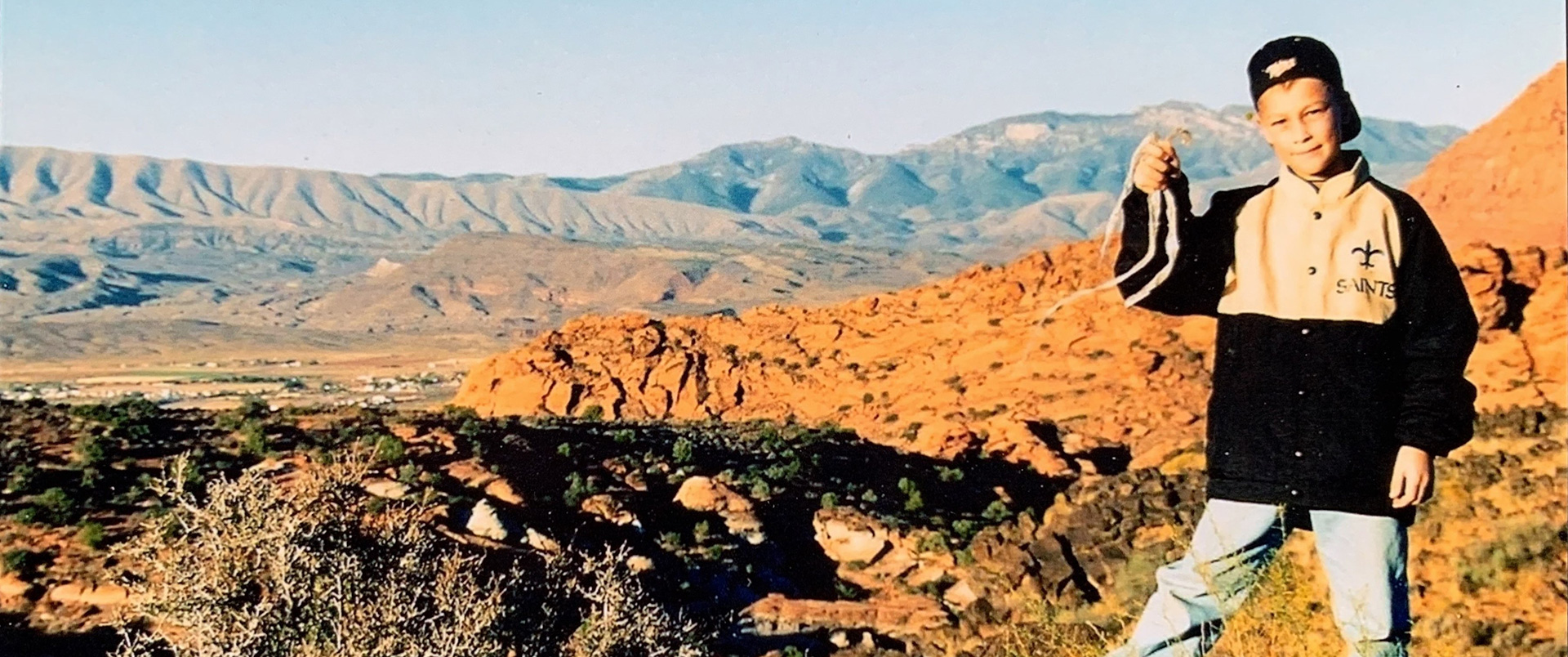
The team of UW scientists used a rigorous before-after control-impact design during a three-year period to determine whether management of habitat for the greater sage grouse would benefit a trio of songbird species that co-occur with sage grouse by comparing songbird abundance, nest density and nest success before and after mowing of sagebrush intended to improve brood-rearing habitat for sage grouse.
The authors showed that mowing benefited the non-sagebrush specialist vesper sparrow, but that the sagebrush-steppe-dependent Brewer’s sparrow and sage thrasher species experienced a different fate. Sage thrasher abundance declined after habitat modification for sage grouse, while nest abundance dropped to zero for both Brewer’s sparrow and sage thrasher in managed (mowed) habitat, according to UW’s researchers.
Ultimately, the UW scientists caution that a more “nuanced” view is needed that considers the varied responses of species that share habitat with so-called umbrella species and that further study is needed to evaluate fully the utility of the umbrella species concept.
Today, Jason Carlisle is the Quantitative Biologist at the Wyoming Game and Fish Department. Jason is part of a new team tasked with enhancing the quality, capacity, and application of science to support wildlife management statewide. He completed a Ph.D. at the University of Wyoming in 2017, with a major in ecology and a minor in statistics. He was honored to receive a Biodiversity Research Grant in 2014 from the UW Biodiversity Institute in support of his dissertation research into the trickle-down effects that sage-grouse conservation has on other wildlife species in Wyoming.
Jason’s research has been recognized with several awards, including best poster and best talk awards at local and international conferences, and the Harry R. Painton Award from the American Ornithological Society for a research paper that made an exceptional contribution to ornithology. Jason considers himself lucky to work at the exciting interface of ecology, data science, and the stewardship of Wyoming’s unique wildlife.
Share This Post

Jason Carlisle, a Quantitative Biologist at the Wyoming Game and Fish Department

Social Media
Latest News





